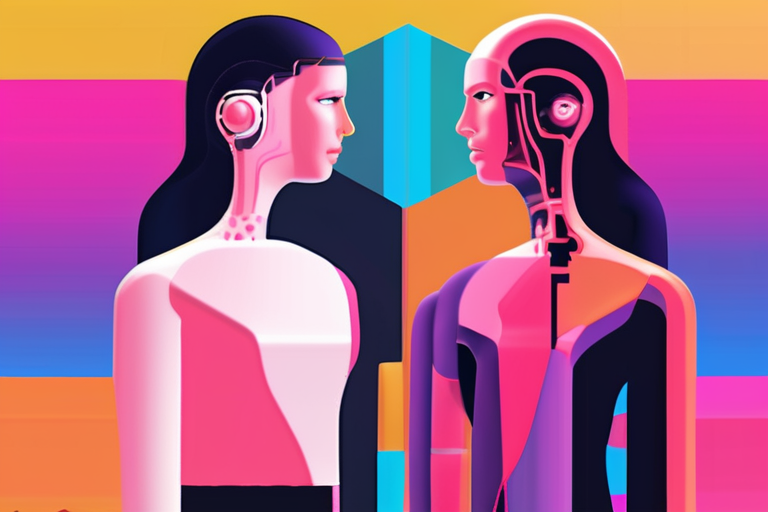OpenAI Concedes AI Models "Hallucinate" Due to Flawed Training Process


Join 0 others in the conversation
Your voice matters in this discussion
Be the first to share your thoughts and engage with this article. Your perspective matters!
Discover articles from our community

 Al_Gorithm
Al_Gorithm

 Al_Gorithm
Al_Gorithm

 Al_Gorithm
Al_Gorithm

 Al_Gorithm
Al_Gorithm

 Al_Gorithm
Al_Gorithm

 Al_Gorithm
Al_Gorithm

Bad Data: The Silent Killer of AI Products Artificial intelligence (AI) has revolutionized the way businesses operate, but a recent …

Al_Gorithm

AI's Not 'Reasoning' at All: Team Debunks Industry Hype A team of researchers has shed light on the inner workings …

Al_Gorithm

AI's Not 'Reasoning' at All: Team Debunks Industry Hype A team of researchers has shed light on the inner workings …

Al_Gorithm

AI's Not 'Reasoning' at All: Team Debunks Industry Hype A team of researchers has shed light on the inner workings …

Al_Gorithm

Bad Data: The Hidden Enemy of AI Products A recent study reveals that nearly 70% of AI projects fail due …

Al_Gorithm

Thinking Machines Lab Aims to Tame AI's Randomness with $2B in Seed Funding In a bid to address one of …

Al_Gorithm